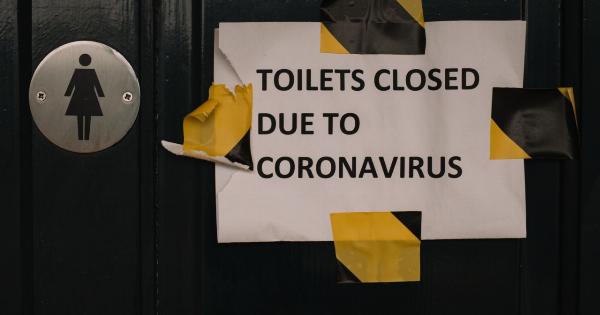Melatonin is a hormone responsible for regulating sleep and wake cycles. It is produced naturally by the body, but can also be taken as a supplement to help with sleep disorders, jetlag, and other conditions.
While melatonin supplements are generally considered safe for adults when taken as directed, there is growing concern about their use in children and adolescents.
Why Melatonin Supplements are Not Safe for Children and Adolescents
There are a number of reasons why melatonin supplements may not be safe for children and adolescents. Here are some of the key considerations:.
Melatonin Dosage is Not Regulated
In the United States, melatonin supplements are considered a dietary supplement and are not regulated by the Food and Drug Administration (FDA) in the same way as prescription drugs.
This means that manufacturers are not required to meet specific standards for purity, potency, or dosage. As a result, the amount of melatonin in a supplement can vary widely from brand to brand, and even from batch to batch within the same brand.
This lack of regulation is particularly concerning for children, who may be more sensitive to the effects of melatonin due to their smaller size and developing bodies.
Ingesting an incorrect dosage of melatonin can lead to a number of side effects, including headaches, dizziness, nausea, and daytime sleepiness.
Long-Term Safety Concerns
While most studies suggest that melatonin is safe for short-term use, there is very limited data on the potential risks of long-term use.
This is a particular concern for children and adolescents, as they are still developing and may be more vulnerable to the effects of supplements.
Research has suggested that melatonin may interfere with the development of the reproductive system and may affect the timing of puberty.
Additionally, melatonin supplements may affect the body’s natural ability to produce the hormone, which could have long-term effects on sleep patterns. While more research is needed to fully understand the potential risks of long-term use of melatonin in children and adolescents, these concerns are certainly cause for caution.
Interactions with Other Medications
Like all supplements, melatonin has the potential to interact with other medications your child may be taking. For example, melatonin has been shown to increase the effects of sedatives and antidepressants, which could be dangerous in some cases.
Additionally, melatonin may interact with blood pressure medications, diabetes medications, and other drugs.
If your child is taking any medications, it is important to talk to their doctor before starting them on a melatonin supplement.
Your child’s doctor can help determine whether melatonin is safe for them to take and can provide guidance on dosage and timing.
Misuse of Melatonin Supplements
Finally, there is the issue of misuse of melatonin supplements. Many parents turn to melatonin to help their child fall asleep, but may not fully understand how the supplement works or how to use it safely and effectively.
For example, some parents may give their child a melatonin supplement just a few minutes before bedtime, expecting that it will quickly induce sleep.
But melatonin supplements take time to work, and taking them too late in the evening can actually make it harder for children to fall asleep. Additionally, some parents may give their child melatonin too often or in improperly high doses. Such misuse can have unintended consequences, such as disrupting the child’s natural circadian rhythms and causing long-term sleep problems.
Alternative Solutions
If your child is having trouble falling asleep or staying asleep, there are other solutions to consider before turning to melatonin supplements. Here are a few suggestions to try:.
- Establish a consistent bedtime routine
- Create a calming bedtime environment
- Avoid electronic devices for at least an hour before bedtime
- Encourage regular exercise during the day
- Limit caffeine and sugar intake, particularly in the evening
By prioritizing healthy sleep habits and making a few lifestyle changes, you may be able to help your child overcome their sleep difficulties without resorting to supplements.
Conclusion
While melatonin supplements are generally considered safe for adults, there are several reasons why children and adolescents should not use them.
From the lack of regulation and potential long-term risks to the potential for interactions with other medications and misuse, it is clear that melatonin supplements are not a safe or appropriate solution for many young people. However, by prioritizing healthy sleep habits and working with your child’s doctor, you can help your child get the restful sleep they need to thrive.































